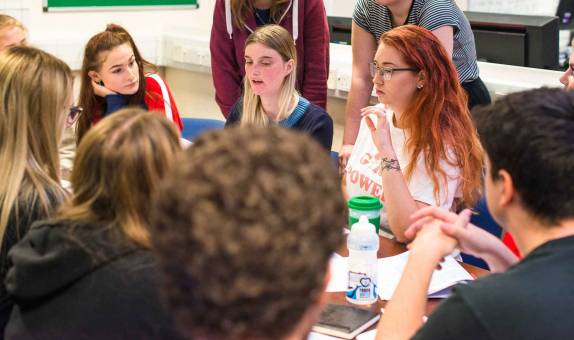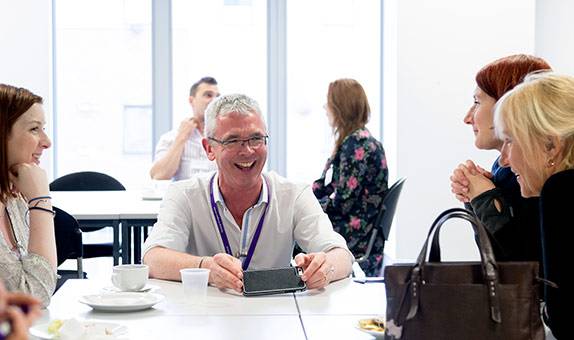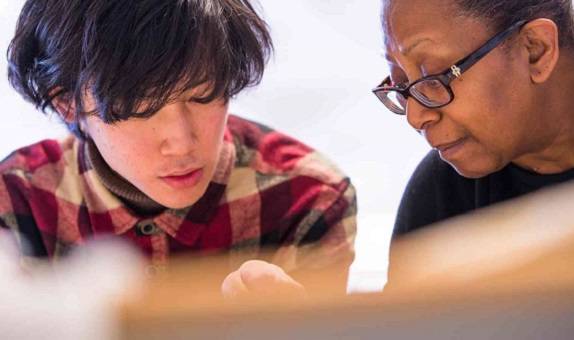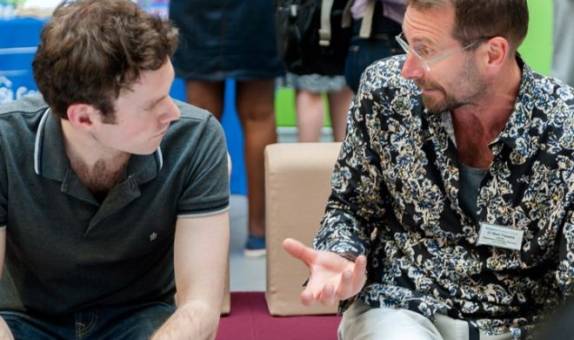Coordinator: Dr Egle Rindzeviciute
Heritage institutions such as museums are crucial sites where the modern de-industrialising society seeks to develop viable governmental frameworks for governing both the past legacies and futures of the nuclear industry.
This process is explored in Dr Egle Rindzeviciute's (PI) research projects, such as the international research networking project "Nuclear Cultural Heritage: From Knowledge to Practice" (funded by UK Arts and Humanities Research Council, 2018–2021) and the international research development project "Nuclear Spaces: Communities, Locations and Materialities of Nuclear Cultural Heritage (NuSPACES)" (2021–2024), funded by a grant from the European Union's Joint Programming Initiative for Cultural Heritage and the AHRC.
These projects extend further Dr Rindzeviciute's work (as a Co-I) at international research project "Atomic Heritage Goes Critical: Community, Waste and Nuclear Imaginaries" explores the making of nuclear heritage. Funded by the Swedish Foundation for Humanities and Sciences (2018–2020) and 'Nuclear Legacies: Negotiating Radioactivity in France, Russia and Sweden' (the Baltic Sea Foundation, 2015–2017).
Coordinator: Professor Vron Ware
The project analyses the complex dynamics of an embedded military presence in Tidworth, a historic garrison town on the edge of Salisbury Plain, and explores the impact of the military footprint in a locality shaped by more than a century of continuous war-preparation.
Kingston Coordinator: Professor Vron Ware
This project is a Swedish Research Council-funded feminist study of the impact of military deaths in Iraq and Afghanistan. This comparative project examines how deaths of European soldiers in Afghanistan are given societal meanings and justifications and how these losses have been politically framed and handled.
The project proceeds from the idea that these new military deaths transform established understandings of national belonging. Professor Vron Ware, in collaboration with colleagues from six countries with different war histories, geopolitical positions and gender regimes, analyse media narratives and parliamentary debates to investigate two issues. First, how the losses in Afghanistan restructure relations between war, national identity and gender. Second, how these reshaped national identities influence democratic discussions and practices.
The research was published in the book: Gendering Military Sacrifice: A Comparative Feminist Analysis. Cecilia Ase & Maria Wendt. (eds). Routledge, 2019
Professor Vron Ware co-edited a special issue of Critical Military Studies: Delori, Mathias, and Ware, Vron. "The Faces of Enmity in International Relations. An Introduction." Critical Military Studies 5.4 (2019): 299-303.
Coordinator: Dr Sue Hawkins
Hawkins's project produced a database from 250,000 membership cards relating to members of Voluntary Aid Detachments (VADs), now accessible via the British Red cross website. The information on the cards provides invaluable insight into the British Red Cross volunteers during the war effort. Through the construction of the database, Hawkins' research has had an impact on the knowledge and awareness of the public by massively increasing the accessibility of an important archive. It has led to the creation of a volunteer network of over 800 people, establishing networks of interested participants beyond the academy. It has also informed work in the heritage sector, as the resources of the database have been drawn on by a number of museums and galleries. BRC educational materials, built from and using the records, to commemorate the WW1 Centenary have been downloaded over 2,000 times. Eight museums have made use of the resource in their own WW1 projects.










